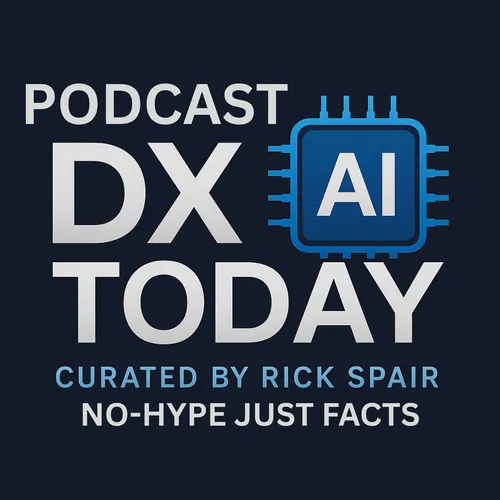🤫 The Digital Confessional: AI Therapy's Privacy Myth
- Author
- Rick Spair
- Published
- Tue 29 Jul 2025
- Episode Link
- None
The notion that AI chatbots like ChatGPT offer a private and confidential space for mental health support is a "pervasive and dangerous myth." Far from being a secure sanctuary, these platforms are "by their very design and legal standing, surveillance tools," creating an "unprecedented, unprotected, and potentially permanent record of their innermost thoughts." OpenAI CEO Sam Altman has explicitly warned that conversations are "not private and can be subpoenaed in legal proceedings."
This lack of privacy is not a flaw but a "feature of the current ecosystem." The New York Times v. OpenAI lawsuit has significantly exacerbated this, leading to a sweeping preservation order that has forced OpenAI to retain user conversations globally, fundamentally undermining user privacy expectations.
The rapid adoption of AI for mental health is driven by accessibility and a perceived non-judgmental environment, but it carries profound risks, including the provision of biased or harmful advice, the erosion of self-trust, and direct links to real-world tragedies. Regulatory responses are emerging, particularly in the EU and some US states, but a significant "legal vacuum" remains, highlighting the urgent need for radical transparency, privacy-by-design, and new legal frameworks to protect users.
